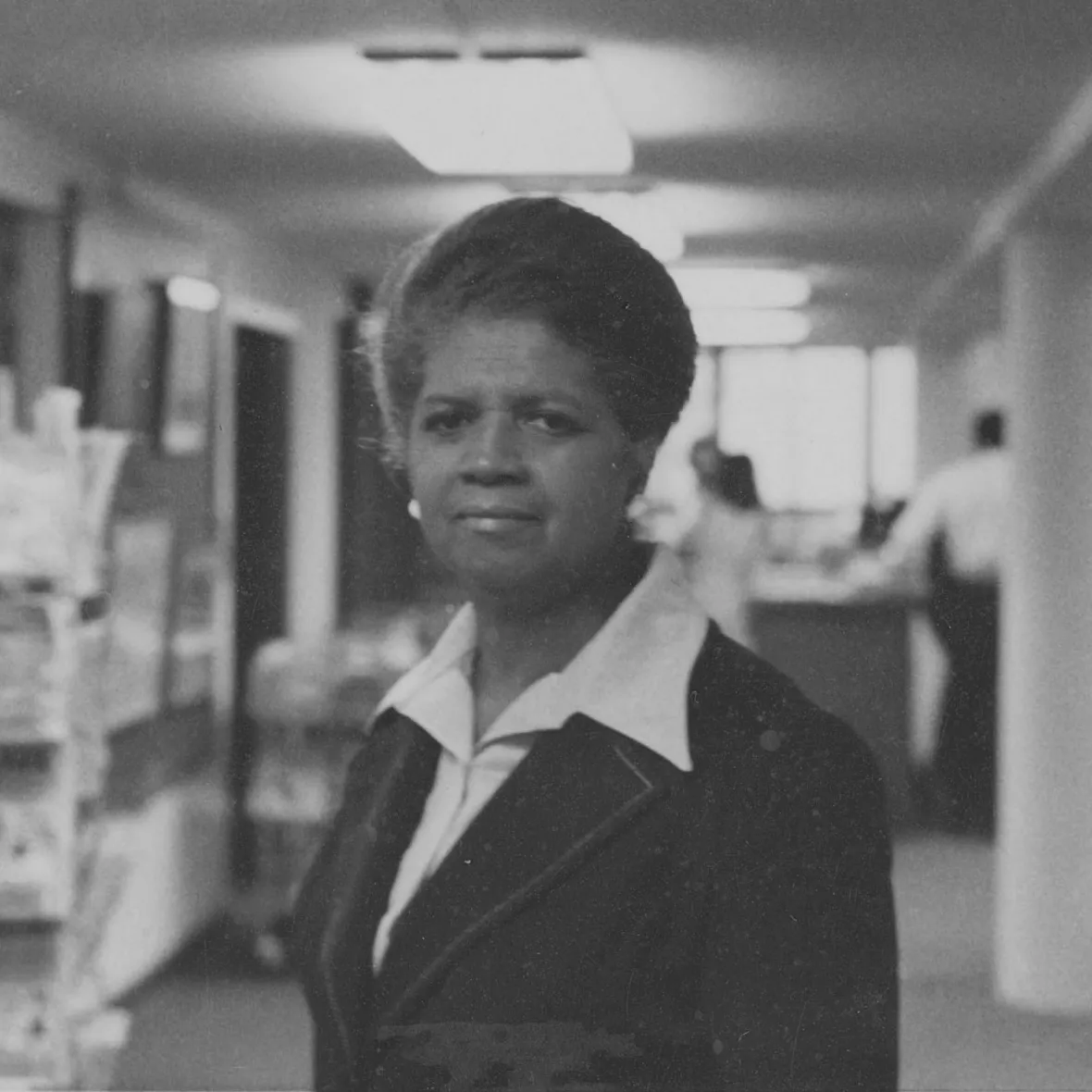 View All Honorees
View All Honorees
Columbia City of Women Honoree
Ethel Martin Bolden
Image courtesy South Caroliniana Library, University of South Carolina, Columbia
Barrier-breaking librarian. Community historian. Ethel Martin Bolden carried the mantle of many responsibilities, but on a June weekend in 1986, she was just another graduate of Booker T. Washington High School’s class of 1936. As a tour bus full of her classmates listened, Bolden reflected on the progress Columbia had made in those 50 years. “You know, when Charles [my husband] and I used to go to the movies, we’d go up to the capitol afterwards, but they wouldn’t let us sit down in there,” she recalled. More than 50 years later, when Bolden became one of two faculty members to integrate Dreher High School in 1968, she finally had a seat at the table. Some things though, hadn’t changed at all.
Ethel Evangeline Martin was born December 14, 1918 in Charleston to Ethel Sinkler and Thomas John Martin. Her childhood could easily be called tragic. During the beginning of the Great Migration in the early 1920s, her father moved to Chicago in search of work, where he was severely injured in a street car accident. Her mother, separated from a husband who could no longer work or afford to return home, moved her children to Columbia. She was hired as the Superintendent of the Fairwold Industrial School for Delinquent Negro Girls, an organization founded in part by Celia Dial Saxon.
Until 1927, Ethel Martin and her siblings split their time between Columbia and Peak, South Carolina, where their father’s mother, Sarah Rutherford Martin, ran a missionary school. For Martin, it was “a wonderful life” split between her two greatest influences—her mother and grandmother—that ended abruptly in January of that year. The deaths of her mother, followed by her grandmother in 1929 effectively orphaned Martin and her younger brother. The two youngest Martin siblings spent their middle and high school years living with various relatives, including their great-aunt Dora Rutherford Dillard, who lived at 2019 Marion Street, just a few houses away from Modjeska Monteith Simkins.
Martin attended Booker T. Washington High School from 1932 until 1936, where she learned from some of Columbia’s most notable educators, including Celia Dial Saxon. Like all local schools, Booker T. Washington’s library contained books locally published by R.L. Bryan. Unlike most students, Booker T. Washington’s pupils and their parents were required to purchase their own textbooks as well as many of those found in the school library. Outside of the classroom, students only had access to one of Richland Library’s branches. Created as part of the Phyllis Wheatley YWCA, this branch was another of Celia Dial Saxon’s projects and acquired books through a grant from the Rosenwald Fund. A lack of access to books—in terms of quantity as well as topics—would inform Martin’s educational philosophies for decades to come.
Booker T. Washington proved transformative for Martin in another way. According to the June 1936 issue of The Comet, the school’s newspaper, a bit of gossip that “a Student of B.T.W. Should Know” was that “Ethel Martin and Charles Bolden spent a great deal of time together at the Scholarship Party.”
After graduating from Barber-Scotia Junior College, where she worked as an assistant in the school’s library, and Johnson C. Smith University, Martin returned to Columbia in 1940. She secured a position at Waverly Elementary School as an “intern teacher” just days before the semester began. She performed the normal duties of a teacher, but was paid for each day worked rather than on a yearly contract. She signed a contract the following year only to lose it months after marrying Charles F. Bolden in 1941. At the time women could not remain teachers after marriage. This occurred despite the couple marrying in her great-aunt’s living room in secret.
We are Americans. We are part of history. And it’s incomplete when we are left out.
- Ethel Martin Bolden, 2001
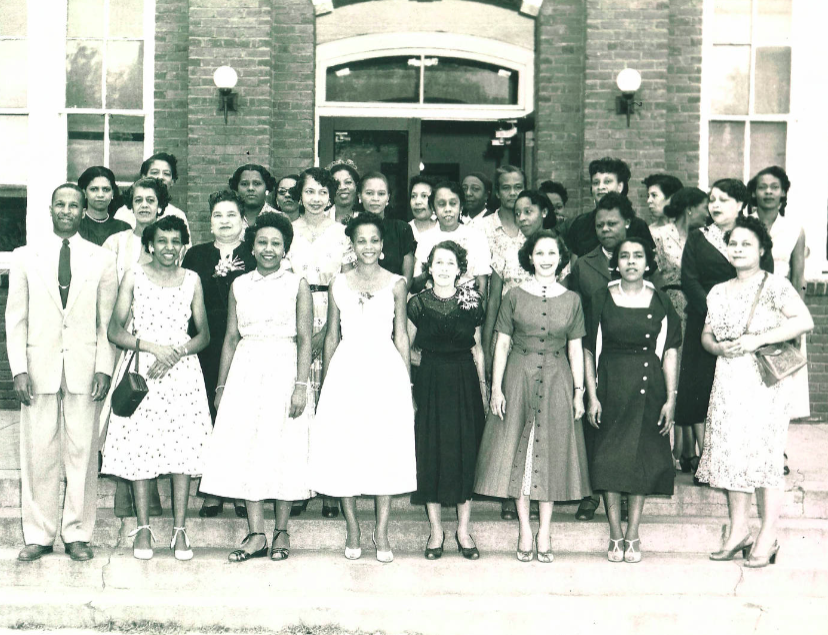
In 1944, Bolden received permission to become Waverly’s first teacher-librarian. In this role, she taught part-time and established the city’s first library in a black elementary school. That year, the school’s PTA raised funds, which were matched by the Rosenwald Fund, to purchase an “R.L. Bryan Library.” Each “library” was a box of books designed for a specific reading level. This purchase, according to Bolden, allowed Waverly to own “Black history books” like A Booker T. Washington School by Emma Akin, at a time when students weren’t "talking about black history.” Bolden then supervised the establishment of libraries in most of Columbia’s black elementary schools.
During her career, Bolden took three leaves of absence. The first two, in 1946 and 1950, followed the births of her sons. She returned both times at mid-year to work as a substitute teacher and librarian, first at Carver Middle School and then at C.A. Johnson High School. The third followed a few well-placed comments from the latter’s principal, Dr. C.A. Johnson, about unqualified faculty, which pushed her to complete a master’s degree and become a “real” librarian. By then, she had about 15 credits from local institutions, including Allen University, Benedict College, and South Carolina State University, but those schools did not have accredited library science programs. So, in 1953, Bolden enrolled in Atlanta University for a year-long course; her husband remained in Columbia to work and care for their children. She returned home in 1954 to resume working, and in 1957, the principal of the brand-new W.A. Perry Middle School asked her to join the faculty as its first librarian. She finally completed her master’s thesis on a fellow pioneer librarian, Susan Dart Butler, in 1959.
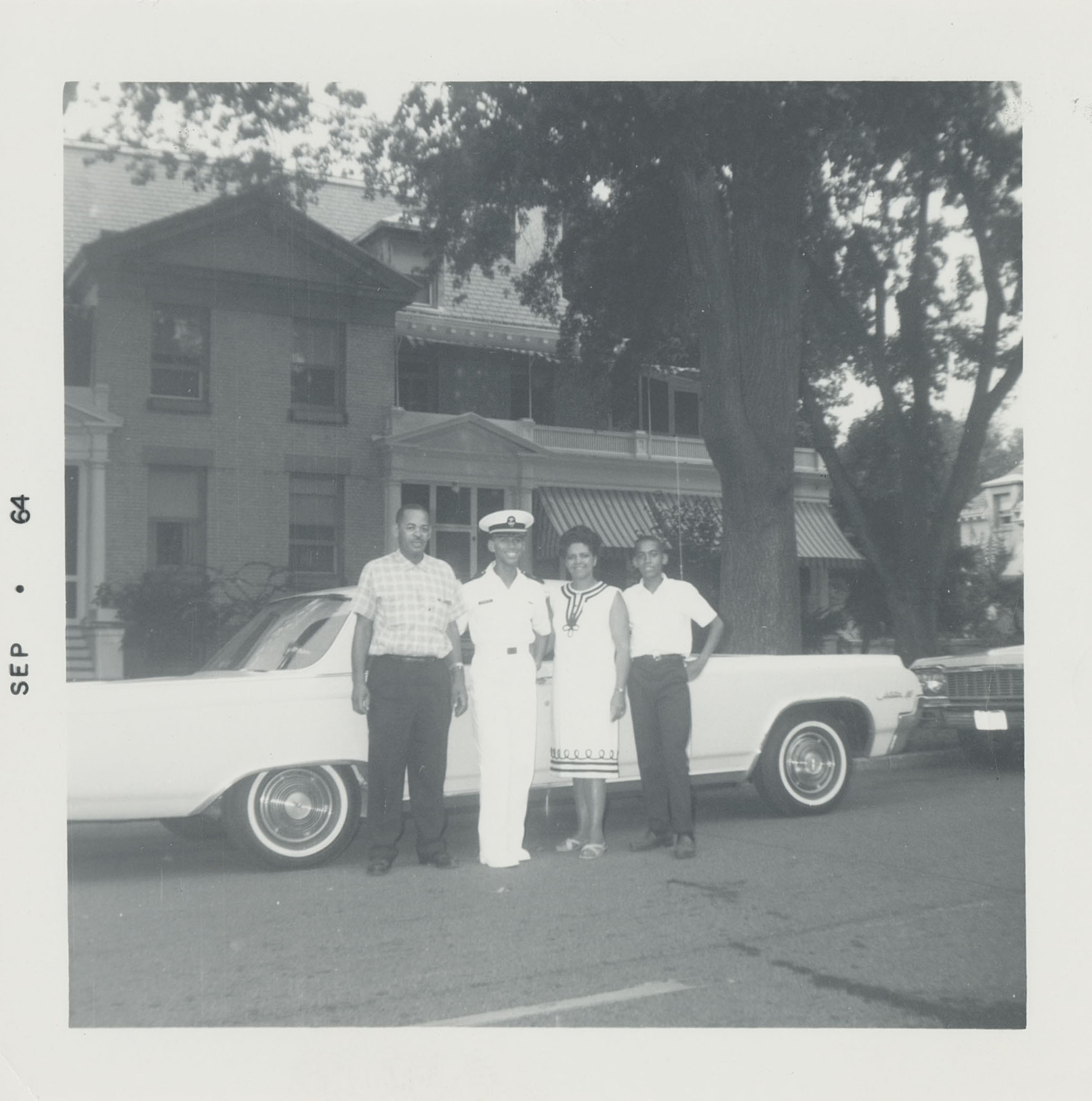
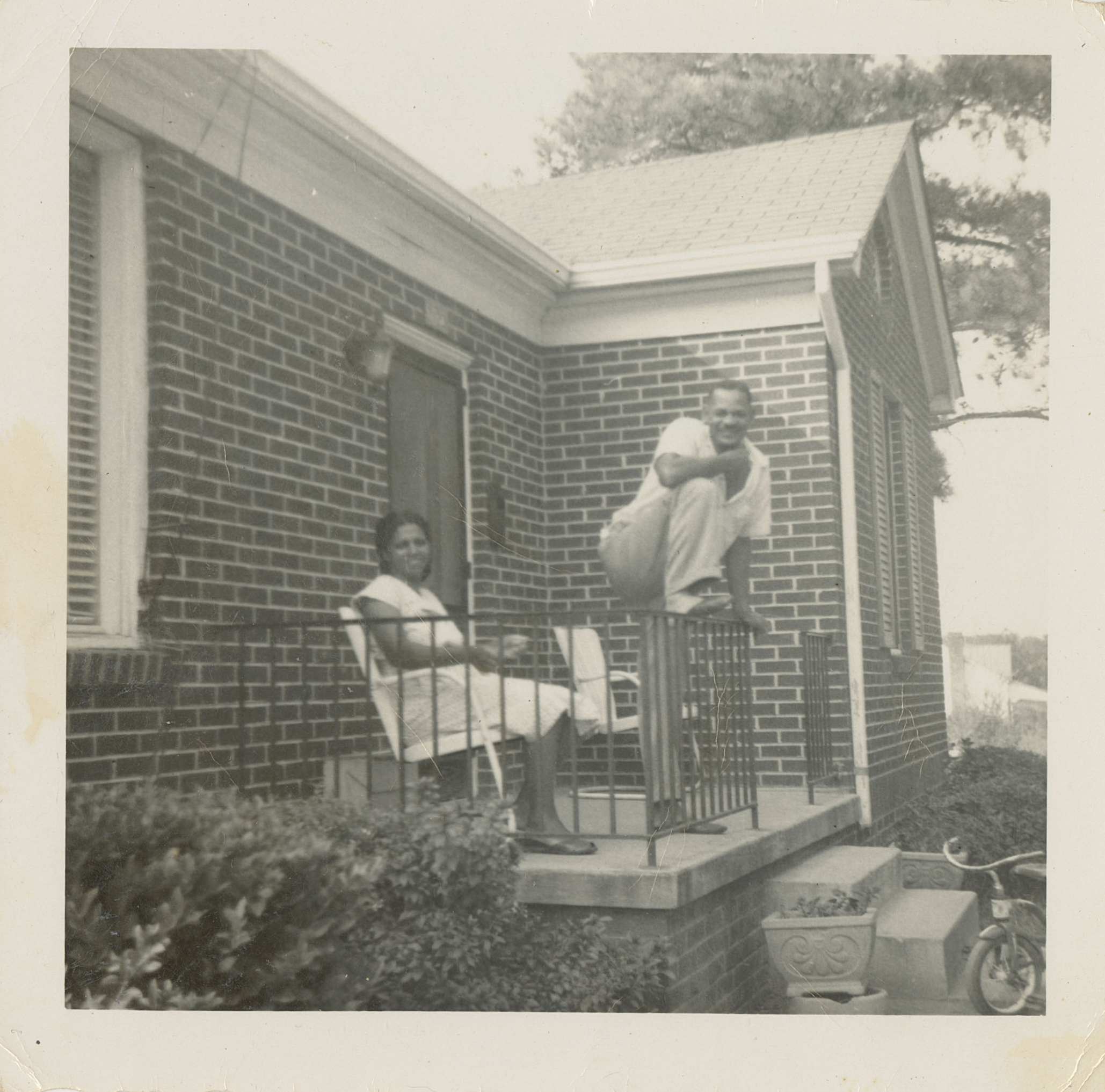
And in my head was the idea that, 'I know I’m good, and I’m going to show you that I’m good. And there are others like me, many others like me.' But somebody has to do it, and I’m not afraid to do it. I took that job.
- Ethel Martin Bolden 1988
In 1968, Bolden was invited to join the faculty of Dreher High School as head librarian. Although she believed that administrators offered the job because librarians would have less of an impact than traditional teachers, she accepted, knowing that her role could have a transformational effect on both students and other faculty. Under her tenure, the library at Dreher became a meaningful resource for all:
… I opened it [the library] up freely and gave everybody access and even let children check out reference books and things that were unheard of because I felt that there’s no need in having them locked up here at night if nobody is using them and you could be using them at home. Free access is what I always believed in…I don’t believe that a librarian should feel that this is my property—I own this.
- Ethel Martin Bolden, 1988
Even as Bolden personally paved the way for the forthcoming integration of Richland County District One schools, she weighed in on strategies for wide-scale peaceful integration across the community as a member of the Greater Columbia Community Relations Council, a multiracial taskforce founded by Mayor Lester Bates in the 1960s. She also served on the South Carolina Council on Human Relations and on the Board of Directors of its successor, the Greater Columbia Community Relations Council.
Bolden retired from Dreher in 1982 but remained active in the local library community. During her tenure as secretary the Richland County Public Library Board of Trustees, Bolden oversaw the construction of the Northeast branch (1986), in addition to the relocations of the Eastover (1985), and Wheatley (1993) branches. She was also instrumental in the fundraising and planning process for the main branch that Richland County citizens continue to enjoy today.
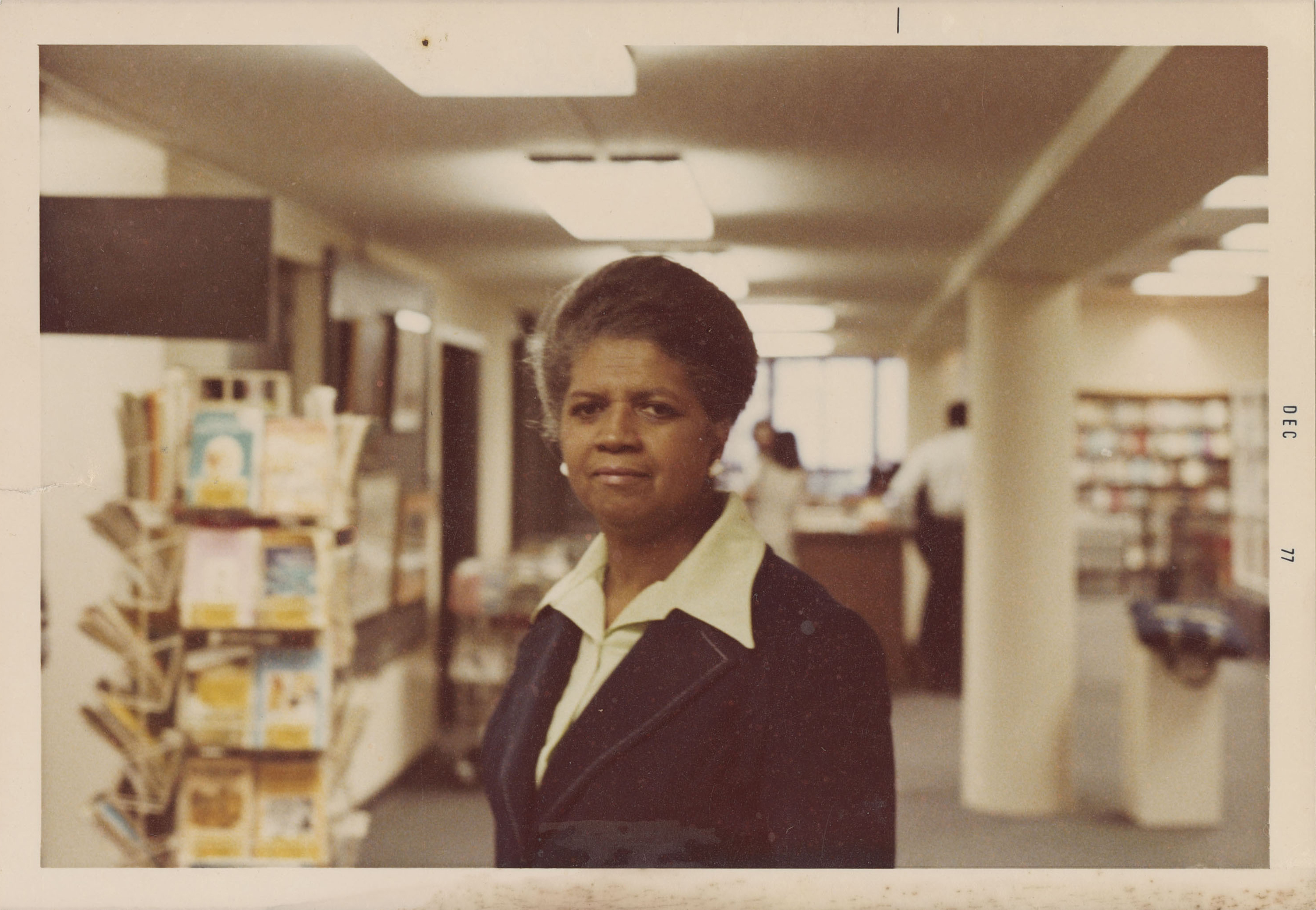
Bolden once wrote, “It is now an established fact that the lack of a knowledge of the history of black Americans does harm not only to blacks but to whites as well. A lack of black history leaves the white student only half educated in American history, and only half prepared for the American future.” She died in 2002 having educated generations of Columbia’s students, both black and white, and left the city and its citizens better for it.
SHE DID, so that we can access and understand our shared history.
Want to learn more about Ethel Martin Bolden? Connect with a historian at Historic Columbia.
Interested in advancing the health, economic well-being, and rights of South Carolina's women, girls, and their families? Check out what's going on at WREN.
Ethel Martin Bolden and her husband, Charles, built this home in the segregated neighborhood of Kendalltown in 1949. Bolden, who lived here until her death in 2002, served as a teacher and librarian in the Richland One school district from 1940 until 1982. During her tenure, she established school libraries at most of the black elementary schools and was one of two faculty members to integrate Dreher High School.